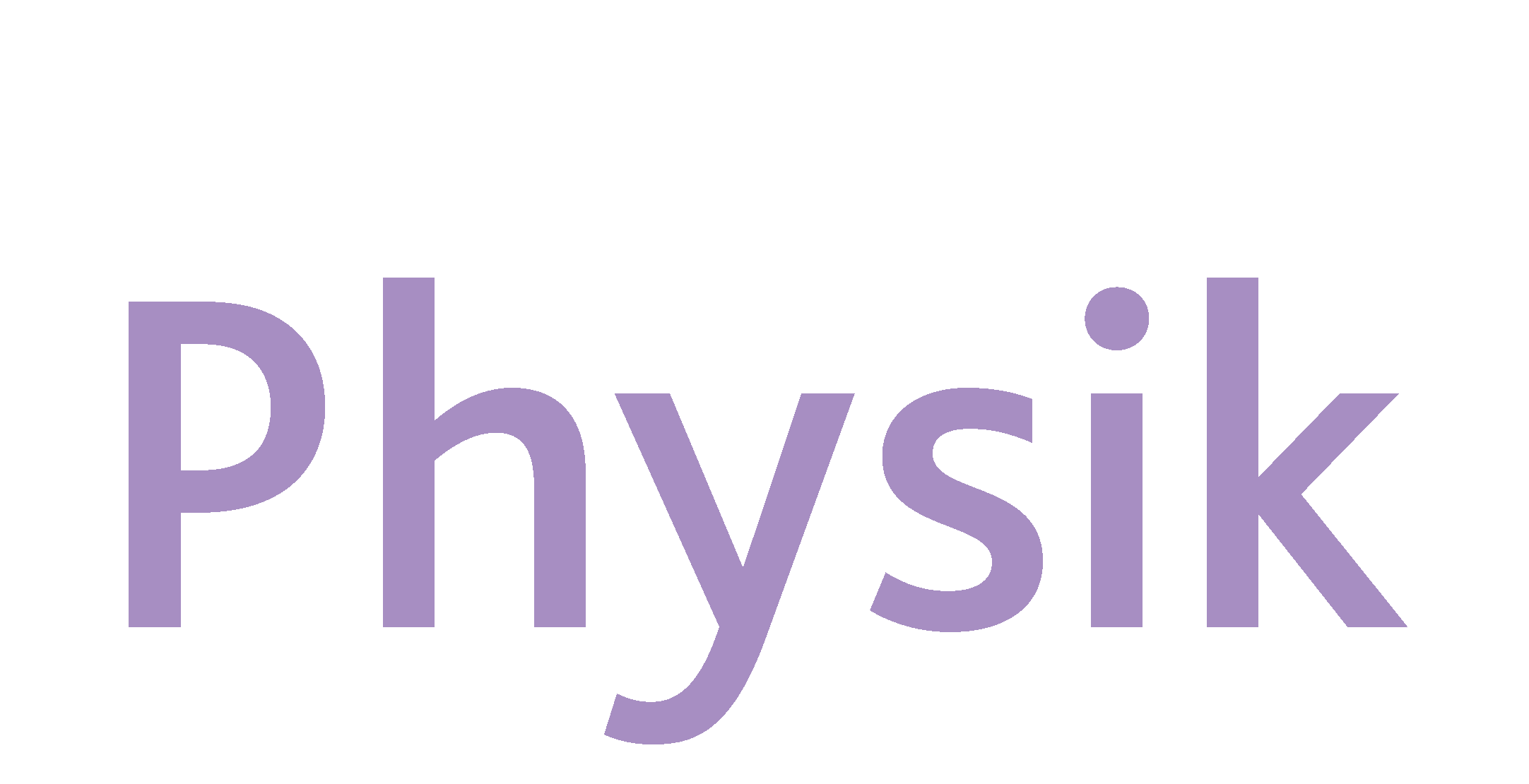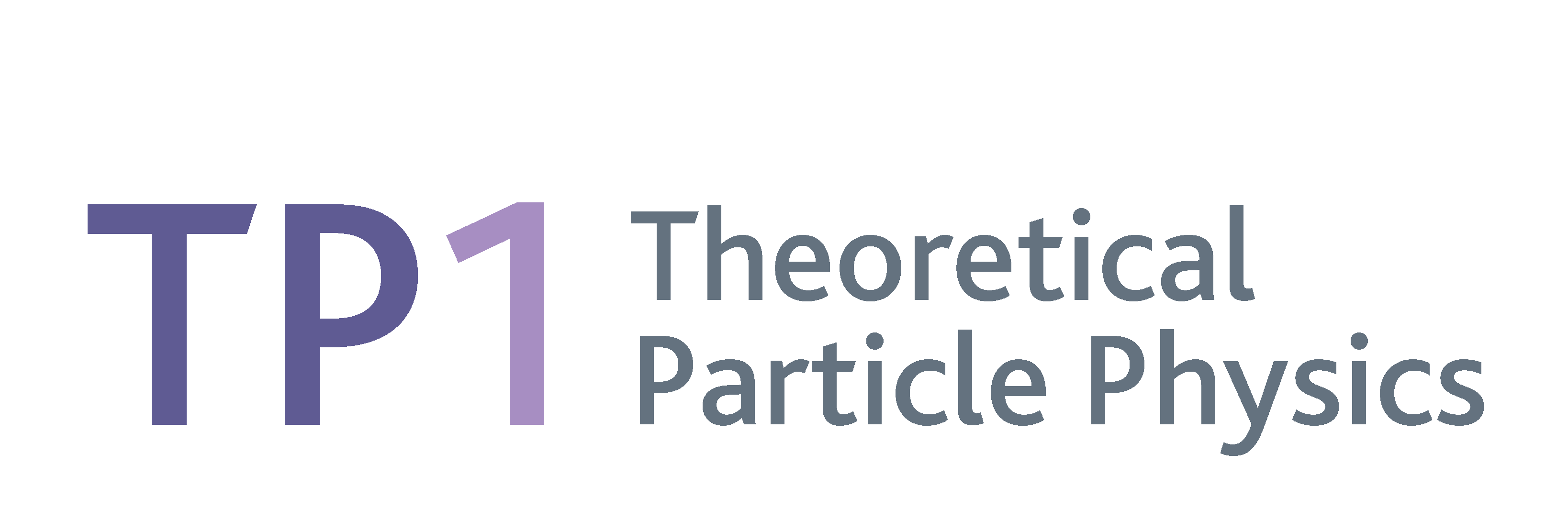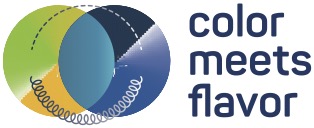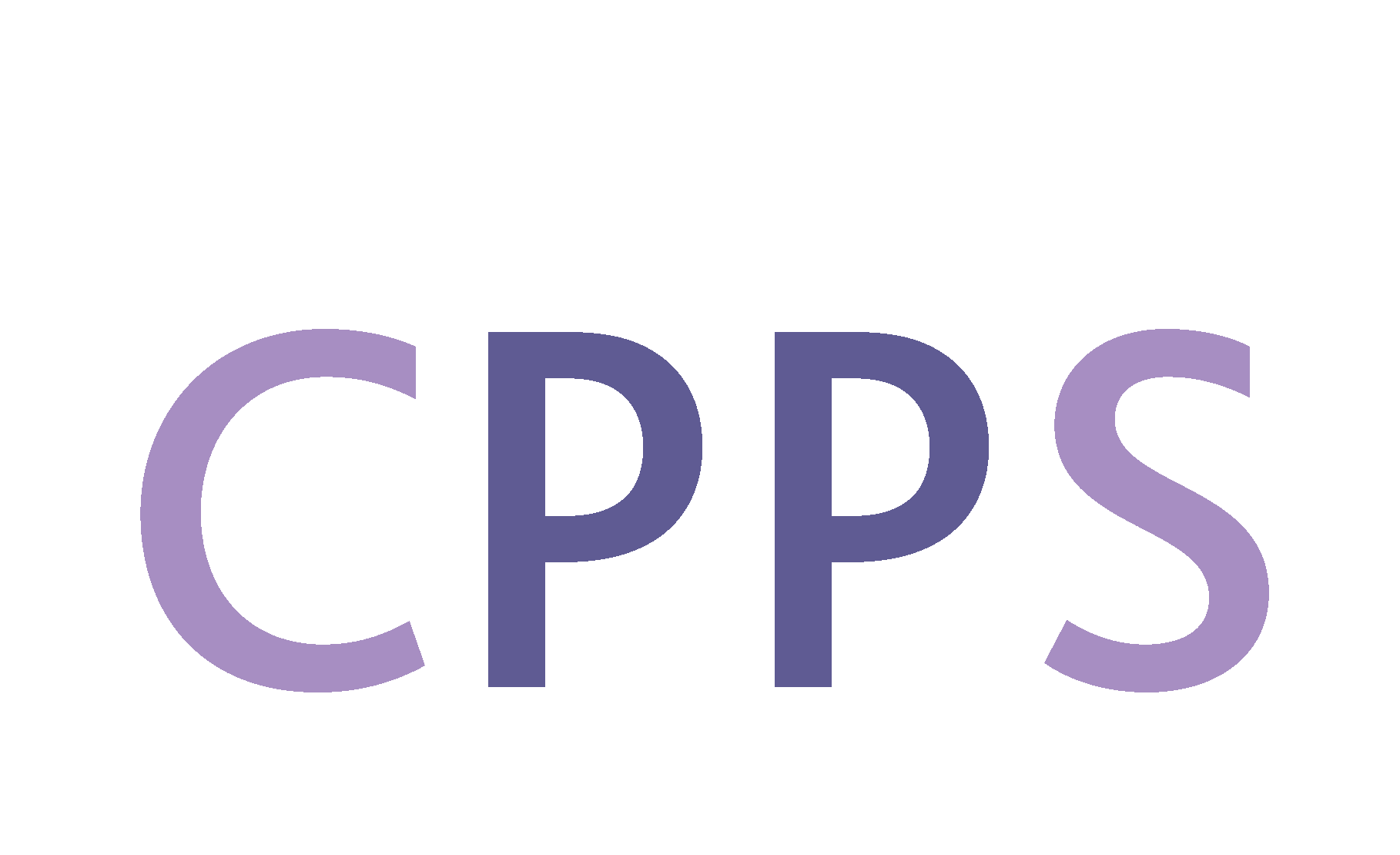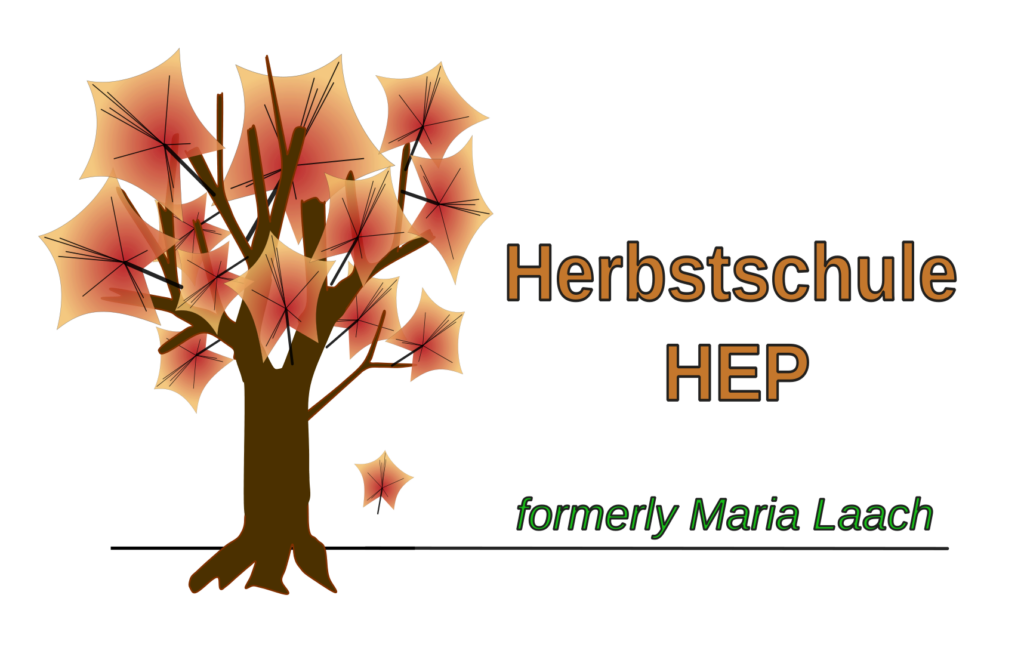Bildquellen: Universität Siegen
Die Teilchenphysik befasst sich mit einigen der grundlegendsten Fragen im Zusammenhang mit der Struktur der Materie bei kleinsten Abständen und stößt dabei an die Grenzen unseres Wissens. Unser besonderes Interesse gilt der theoretischen Interpretation der Ergebnisse von Experimenten am Large Hadron Collider (LHC) am CERN und dem Flavour-Physikexperiment BELLE II am KEK (Tsukuba/Japan).
Unsere Gruppe ist bekannt für sehr präzise Vorhersagen für Collider- und Flavour-Observablen innerhalb des Standardmodells der Teilchenphysik, die auf perturbativen und nicht-perturbativen quantenfeldtheoretischen Methoden basieren. Der Vergleich unserer Berechnungen mit experimentellen Ergebnissen liefert Erkenntnisse über mögliche Erweiterungen des Standardmodells, mit denen sich offene Fragen wie der Ursprung der Materie-Antimaterie-Asymmetrie im Universum oder die Natur der dunklen Materie beantworten lassen könnten.
Mai 2025
| Montag | Dienstag | Mittwoch | Donnerstag | Freitag | Samstag | Sonntag |
|---|---|---|---|---|---|---|
|
Donnerstag Mai 1
|
Freitag Mai 2
|
Samstag Mai 3
|
Sonntag Mai 4
|
|||
|
Montag Mai 5
|
Dienstag Mai 6
|
Mittwoch Mai 7
|
Donnerstag Mai 8
|
Freitag Mai 9
|
Samstag Mai 10
|
Sonntag Mai 11
|
|
Montag Mai 12
|
Dienstag Mai 13
|
Mittwoch Mai 14
|
Donnerstag Mai 15
|
Freitag Mai 16
|
Samstag Mai 17
|
Sonntag Mai 18
|
|
Montag Mai 19
|
Dienstag Mai 20
|
Mittwoch Mai 21
|
Donnerstag Mai 22
|
Freitag Mai 23
|
Samstag Mai 24
|
Sonntag Mai 25
|
|
Montag Mai 26
|
Dienstag Mai 27
|
Mittwoch Mai 28
|
Donnerstag Mai 29
|
Freitag Mai 30
|
Samstag Mai 31
|
Adresse
Universität Siegen
Fakultät IV/Department Physik
Theoretische Physik 1
Walter-Flex-Straße 3
57072 Siegen
Tel.: +49 271 740-3890 (Sekretariat)
Fax: +49 271 740-3804


